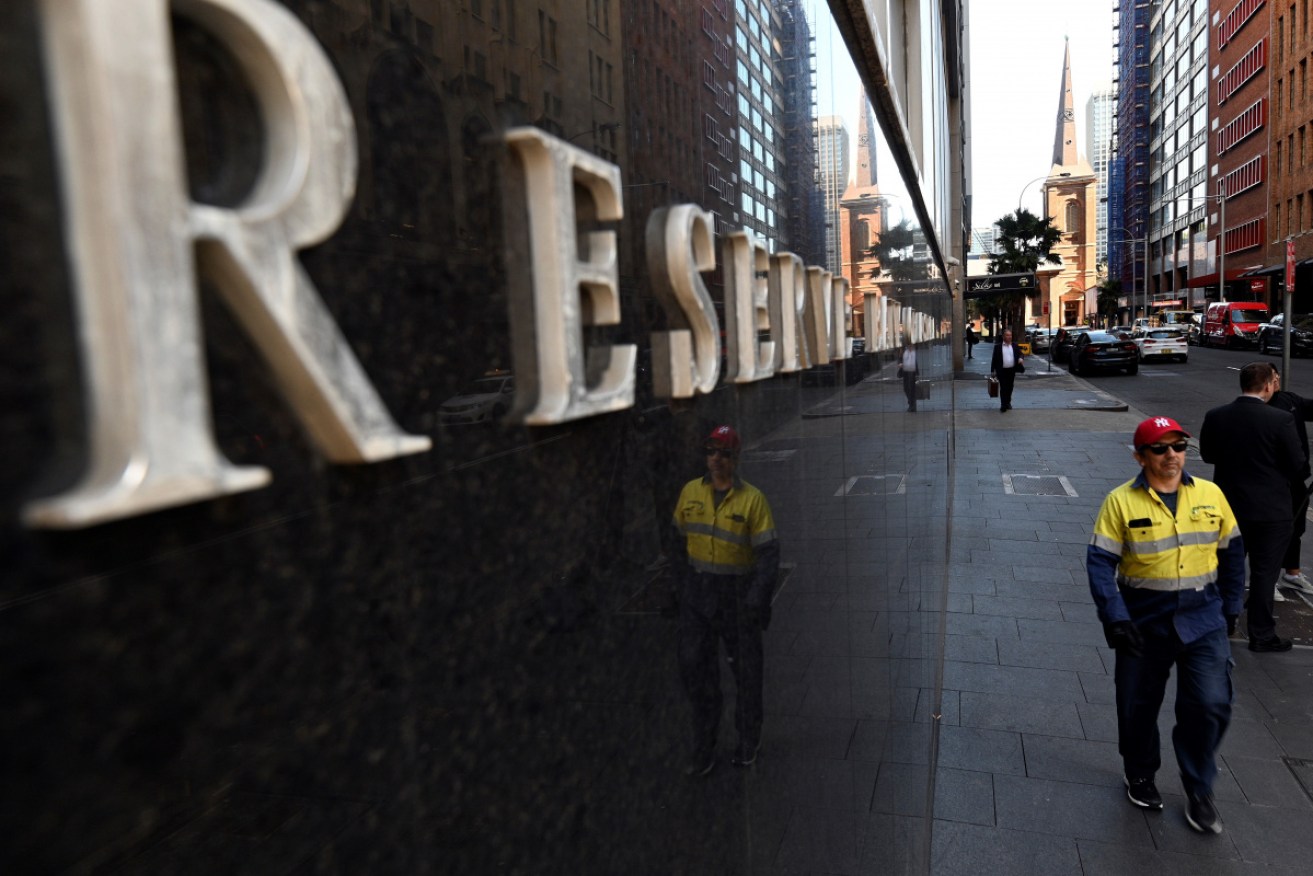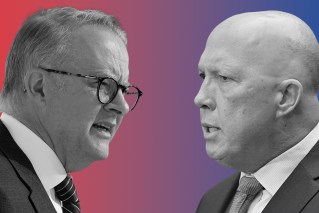RBA leaves interest rates unchanged ahead of Treasurer’s pandemic budget


Tuesday's announcement came hours before Treasurer Josh Frydenberg stepped up with his long-delayed federal budget. Photo: Getty
The Reserve Bank has left official interest rates unchanged at a record low, after meeting just hours before Treasurer Josh Frydenberg handed down his much-anticipated pandemic budget.
The bank, which held its monthly board meeting on what some economists have dubbed Super Tuesday, had been widely expected to leave the cash rate at a record-low 0.25 per cent to allow time to digest the Treasurer’s multibillion-dollar cash splash to lift the economy out of recession.
There had been some recent speculation of a further reduction to 0.10 per cent, along with some similar tweaking to its bond-buying and bank-lending programs. Economists now think that will more likely come in November.
The RBA has not changed the cash rate since March, when it used quantitative easing measures as the coronavirus pandemic took hold in Australia.
The bank board met as data released ahead of Mr Frydenberg’s speech on Tuesday night suggested that Australians liked what they have already heard about the delayed budget, although employers might still need some convincing.

Josh Frydenberg (right) with Finance Minister Mathias Cormann on Tuesday morning. Photo: Getty
Figures released ahead of the Treasurer’s speech (which begins at 7.30pm AEDT Tuesday), also suggested exporters might not be so chirpy.
Still, the weekly ANZ-Roy Morgan consumer confidence index – a pointer to future household spending – rose to its highest level since late June, to be more than 10 per cent above a recent trough in August.
“Continued improvement in the local news around the pandemic and talk of early tax cuts and other fiscal measures in the budget led to a gain in consumer confidence for the fifth straight week,” ANZ economist David Plank said.
However, with the index still below 100 at 95.7 points, there remain more pessimists than optimists.
Mr Plank expected detail of the budget would heavily influence the direction of the index when people were surveyed again next weekend.
Also on Tuesday, the ANZ also released its monthly job advertisement series for September.
While it showed a 7.8 per cent increase in jobs ads in the month, and building on an upwardly revised 2.6 per cent increase in August, they still remain 21 per cent below their pre-pandemic levels.
“The question now is whether a return to pre-pandemic levels of job ads and vacancies would be enough to entrench a solid labour market recovery,” ANZ senior economist Catherine Birch said.
Mr Frydenberg has repeatedly promised his second budget will focus on jobs.
He offered some reassuring words during his traditional pre-budget appearance before the media in Parliament House.
“This budget is our plan for Australia’s economic recovery,” he said.
“We are already seeing encouraging signs across the economy as people get back to work, as the virus is suppressed, as restrictions are eased.”
However, other data showed Australia’s trade position took a big hit in August.
The Australian Bureau of Statistics said the trade surplus of goods and services almost halved in the month, to $2.6 billion from $4.7 billion in July.
This was the result of exports tumbling 4 per cent, while imports rose by 2 per cent.
-with AAP








